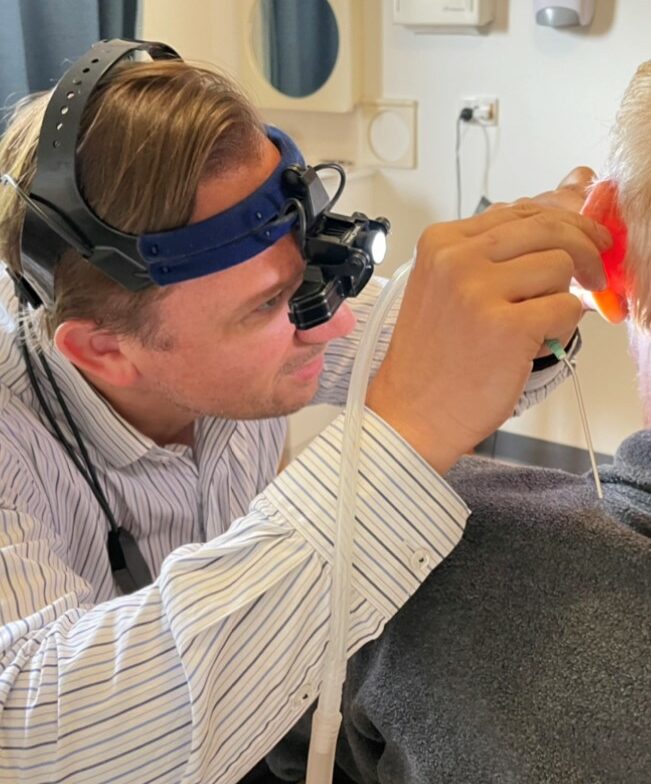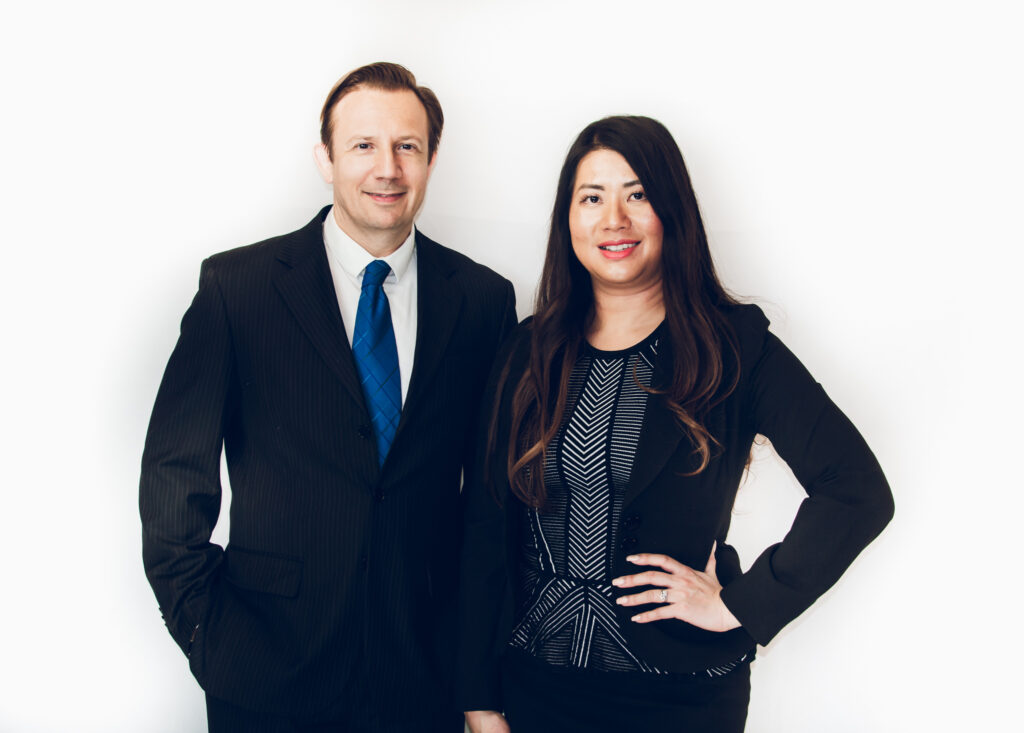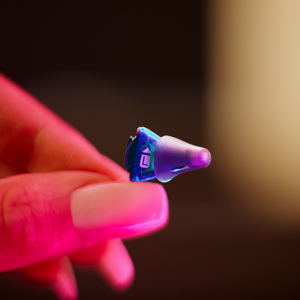
In recent years, purchasing hearing aids has become a total minefield for many consumers. We discuss some of the pitfalls to look out for…
What Hearing Aid is Right for Me?
Having been an Audiologist since 2000, our Principal Audiologist & Director, Mr Nick Modrovich, has seen the industry move from a clinically based setting to a more commercialised consumer market. “That is not, in itself, a bad thing. It means that consumers have more choice and can access top level technology at much more competitive pricing.”
But, of course, with increased competition in the marketplace, clients can also leave themselves completely vulnerable to a “quick sale” and not understand that it is the long-term aftercare services that is a major contributor to success with hearing aids.”
We give you a run down on the major things to look out for when making your hearing aid purchase decisions…
Points to look out for when researching Hearing Aids…
“But, of course, with increased competition in the marketplace, clients can also leave themselves completely vulnerable to a “quick sale” and not understand that it is the long-term aftercare services that is a major contributor to success with hearing aids.”
Most people think that it begins with a hearing test. And, although, you are right to make the assumption, not all hearing tests are created equal. With the increased demand for productivity, larger companies want to get as many people in the door to “screen” and capture for a quick sale. These chains aim to increase market share for their overseas shareholders.
Two Questions to ask when choosing a hearing clinic:

There are two easy questions you can ask to become a savvy consumer when researching hearing aids.
Nick emphasised that “just because you have a hearing loss on paper doesn’t actually mean that a hearing aid is the best thing for you!”
That is why the “screening” model can lead to more dissatisfaction with hearing aids with many who aren’t quite ready for hearing aids being sold a quick fix. It is counterproductive to what we are aiming to achieve as clinicians. We want to show people who actually need hearing aids, how amazing the technology is.
The first question to ask is “Is this a complete hearing assessment by a fully qualified Audiologist?”
A complete hearing assessment should include air conduction through headphones, bone conduction through a headband device, tympanometry to assess if there is an ear infection, speech in noise testing, and any other tests deemed appropriate by our Audiologist.
“Is this a complete hearing assessment by a fully qualified Audiologist?”
This complete assessment cannot be performed in 10 mins within an office environment. The complete diagnostic assessment is also generally not available for “free” either.
Your clinician should be checking for earwax blockage as well. Screening personnel tend not to look in the ears before performing a test. This will give you a clue. A qualified Audiologist can remove earwax blockage either through curetting or the use of a micro-suction machine before testing. Read more about Earwax micro-suction.
The second question to ask is “What is the qualifications of the person performing the hearing test?”
Most consumers do not know that in Australia, anyone can sell you hearing aid. This means the hearing aid industry is not as regulated. Look for Audiology Australia Accredited Audiologists. We follow a strict Code of Conduct that we must adhere to in order to keep our Accreditation. This offers some reassurance for consumers like you.
“What is the qualifications of the person performing the hearing test?”
In Australia, one does not need to be an accredited audiologist to practice. Consumers are often oblivious to the qualifications of the clinician they are seeing. It is a reasonable assumption that everyone has the same qualifications. Our Audiologists have Postgraduate Masters degrees.
Another useful clue to look for is whether your Audiologist is also an accredited provider of the Commonwealth Hearing Services Program (HSP).
The HSP is a government funded hearing program for eligible Pensioners. Even if you are not eligible for the program, seeing an Audiologist who is a register provider with the government is a good indication that they follow strict clinical protocols in their clinics. Read more about the Hearing Services Program.

How to Choose a Hearing Aid wisely…
Now that you have become more savvy with choosing an Audiologist, let’s look at what to ask to get the best hearing aid for your situation.
Here is a run down of what an Accredited Audiologist will do for you:
- A comprehensive hearing assessment
- A Client Oriented Scale of Improvement (COSI) to thoroughly assess your specific hearing needs and goals
- A discussion around how the hearing aid model chosen will address your needs. We take into account your budget, your access to government and health fund subsidies to help you make a sound decision.
- You will have a good understanding of aftercare services, device warranties, how accessible the audiologist is for follow up appointments. And if there are any additional costs involved.
- Always look for independent Audiology Clinics owned by Audiologists to ensure that they can select from a range of hearing aid manufacturers to address your needs. Many larger chains are owned by a single manufacturer. Their clinicians do not have the same freedom to choose different models as the independent clinics. Often, they are not any cheaper than the independent clinics.
- Where you can, consider supporting your local, small business.



